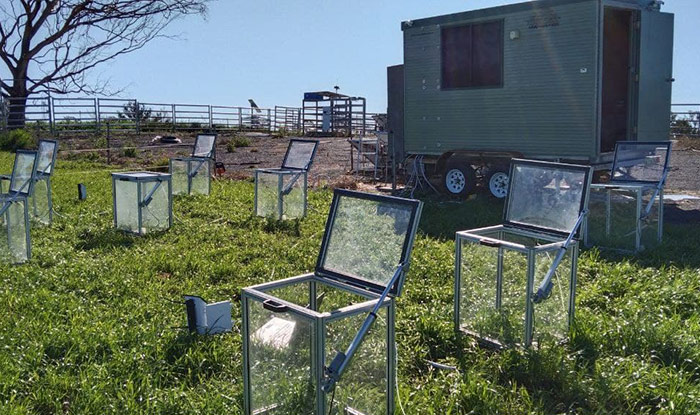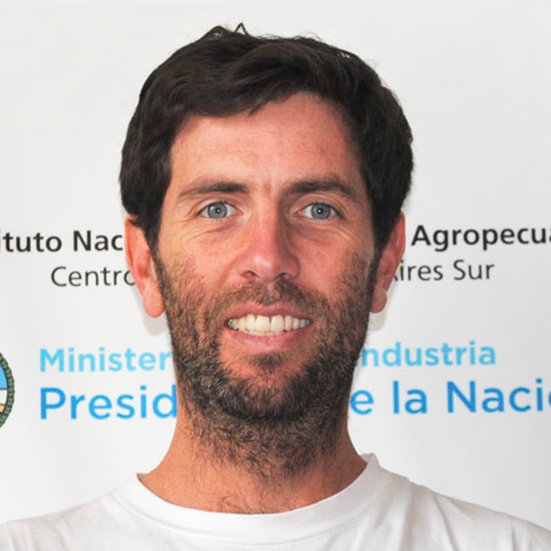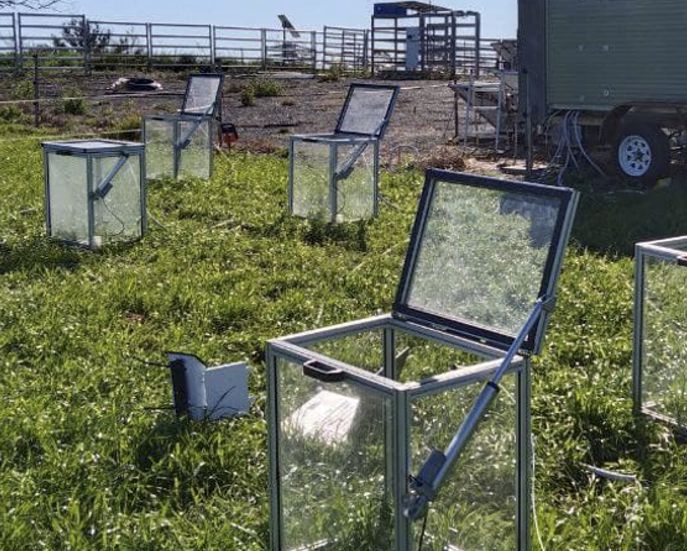Kikuyu grass is a C4 grass adapted to both the tropics and temperate climates. It is fast growing and produces dry matter of moderate quality; generally higher quality than most C4 pastures.
Kikuyu’s leaves lose quality very rapidly if not consumed at the right time, with the window of opportunity being generally smaller than for temperate grasses.
In temperate grasses, a decrease in fibre digestibility (NDFD) of leaf blade tissue was reported as mainly responsible for declines of forage digestibility (DMD) during vegetative regrowth. Further, studies in tropical and temperate species showed that NDFD and DMD declined not only with the thermal time of leaf age, but also with the length of successive leaves. These morphogenetic and nutritive value relationships are poorly described for kikuyu plants, and it is imperative to increase our understanding and prediction of rapid changes in the nutritive value of Kikuyu tillers and leaves, and the pasture overall.
Our aim is to predict, in real-time, rapid, short-term (daily) changes in the nutritive value of Kikuyu pastures through modelling of morphophysiological aspects of plant tissue.

Our approach and methods
The approach is to utilise the glasshouse assessment of Kikuyu pastures in different growing conditions, plus all the additional data that will be collected for other objectives, to quantify, model and predict the main causes and factors affecting the fast Kikuyu nutritive value decline during regrowth. This approach will use data from the Dairy UP’s Farms network and from the subproject P1c (Exploring the genetic variability of Kikuyu). It is based on earlier work led by the author who has successfully modelled changes in NDFD (Insua et al., 2019a) and integrated those changes with remote sensor-derived data of pasture biomass and growth (Insua et al 2019b).
During Year 1 and 2, main causes of nutritive value decline for kikuyu will be identified and quantified for modelling. The work will include a review of literature. Glasshouse studies will be conducted with small, replicated plots for more detailed assessment of plant morphology and nutritive value traits including age and leaf length, leaf number per tiller, NDF, ADF, CP, DMD and NDFD.
Related Articles
Team Members

Juan Insua
Team Leader
You can help
If you are interested in this project or think you may want to be involved at some stage, please contact Juan Insua or Yani Garcia.
For more information contact
Prof. Juan Insua (insua.juan@inta.gob.ar) at UIB, Balcarce, Argentina or Prof. Yani Garcia (sergio.garcia@sydney.edu.au) at the University of Sydney’s Dairy Research Foundation.
This research is funded by the Dairy UP initiative (https://www.dairyup.com.au/) and it is expected to benefit all farmers with kikuyu pastures.


